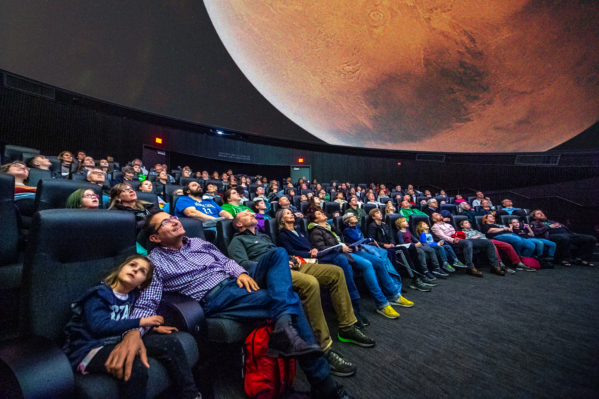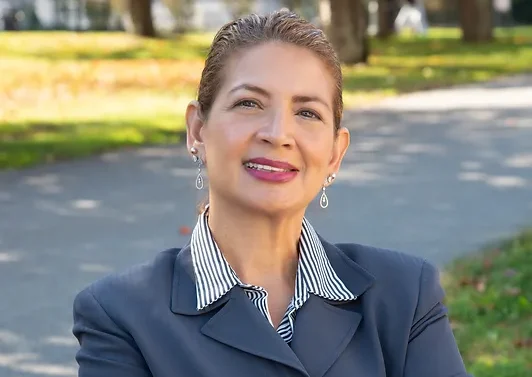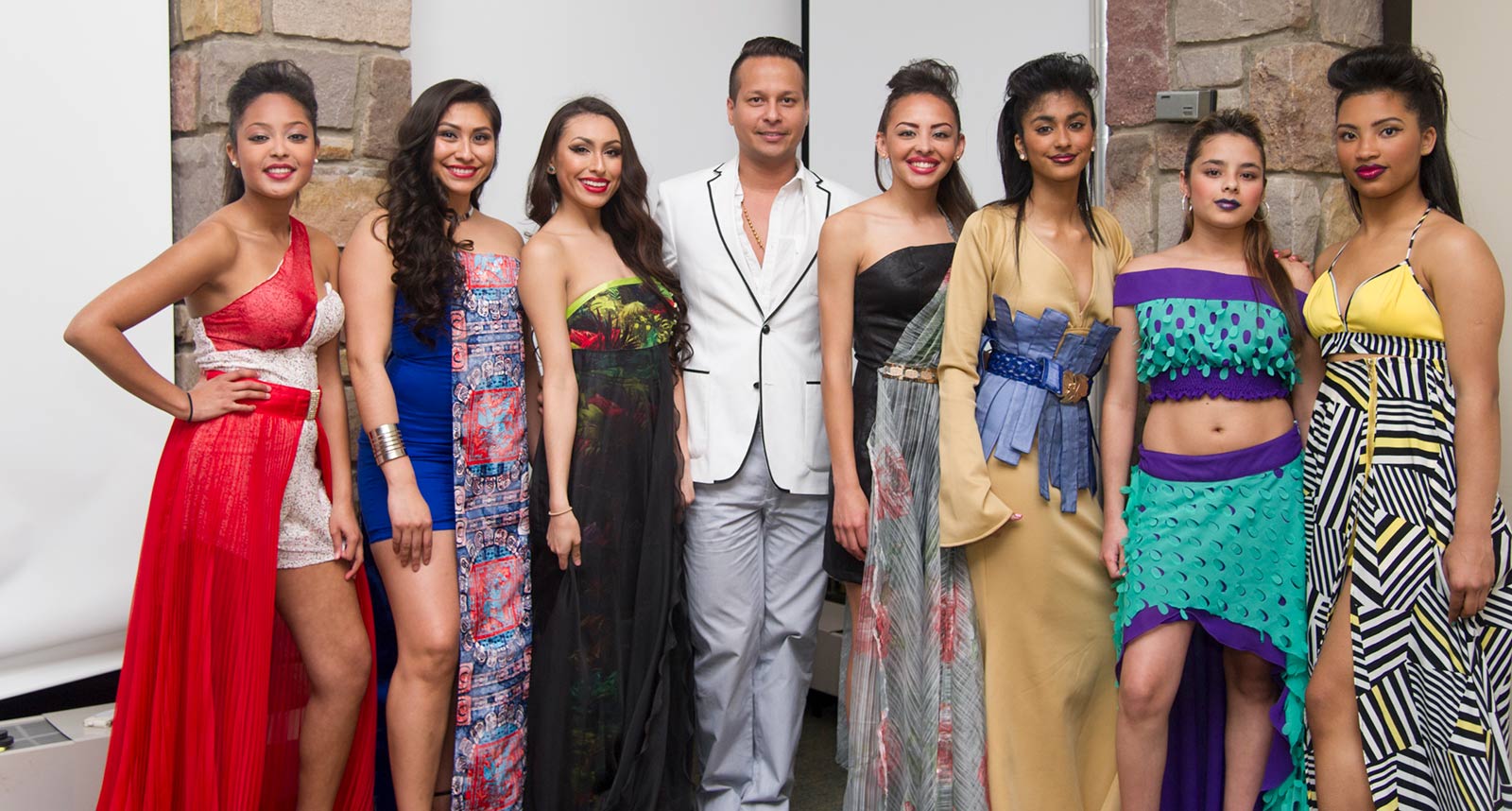What You Will Learn
If you dream of seeing your name in the credits—or being the creative force behind the camera—the Broadcasting Arts & Technology program at CCM is your launchpad. This Associate of Arts (A.A.) degree program prepares you for exciting careers in the film and television industries, from directing and producing to editing, floor managing, sound mixing, and more.
At CCM, you’ll dive into the fast-evolving world of convergent media, mastering both the creative artistry and the technical know-how needed for success. You’ll gain hands-on experience in television and film production, as well as postproduction, using professional equipment and industry-standard software. Whether your passion is storytelling, live broadcast, or cinematic magic, you’ll graduate with the skills, portfolio, and confidence to make your mark in today’s dynamic media landscape.
Curriculum
The Broadcasting Arts & Technology program features a 15-credit core with courses in media aesthetics, an introduction to mass media, digital video editing and television production.
Careers in the Field
A degree in Broadcasting Arts & Technology will prepare you for the following careers.
Associate Degree:
- Audio Technicians
- Broadcast Technician
- Lighting Designer
- Writer
Bachelor’s Degree:
- Camera Operator
- Director
- Editor
- Producer
- Radio and TV Announcer
Graduates with an A.A. from CCM benefit from New Jersey’s Statewide Transfer Agreement. This means that the general education requirements will be waived at New Jersey public colleges and universities, allowing students to transfer in with junior standing. In addition, many out-of-state institutions also accept CCM credits.
CCM Broadcasting Arts & Technology students frequently transfer to the following colleges and universities.
In-State:
- Kean University
- Montclair State University
- Ramapo College
- Rowan University
- Rutgers University – New Brunswick
- William Paterson University
Out of State:
- Columbia College Chicago
- Kutztown University
- Syracuse University
- Temple University
Why Study Broadcasting Arts & Technology at CCM?
- Engage with faculty who are dedicated and highly accomplished, and also maintain professional practice, bringing real world problems and solution to the broadcasting curriculum and learning environment at CCM.
- The renovated Alex DeCroce Media Center features high-definition technology, a digital media editing classroom, a scenery work room, two studio control rooms, a “green room” for guests, and separate teaching and professional studio spaces, each equipped with green screen cycloramas to create a variety of background images for video.
- Be mentored by Professor Ray Kalas, a media professional with more than 40 years combined experience in production and teaching. The program is supported by a staff of knowledgeable professionals with backgrounds in the broadcasting industry.
Internships
CCM encourages all students to take advantage of internship opportunities to build technical skills, understand the fast-paced nature of the industry, and apply what is learned in real-world settings. Many internships offer the opportunity to network with professionals, which can lead to future job opportunities. Internships also help explore different career paths within broadcasting, from production and editing to reporting and on-air roles.
CCM students studying Broadcasting Arts & Technology have interned with 77WABC, Cablevision, CNBC, Geffen Records, Giaranomo Productions, Granada TV, M&M Video Productions, Morris Videoworks, MSNBC, MTV Network, NBC, Oxygen Media, WCBS-TV, WDHA, WMBC, WPLJ-FM, WWORTV and Wilray Audio Visual.
Credit, non-credit internship experiences and job search support are facilitated through our Office of Career and Transfer Services, where you can also learn how to build a resume, and receive the tools to help you with interviewing skills to succeed!
Paying For Your Broadcasting Arts and Technology Education
Earning an associate degree is a powerful investment that will pay off over the course of your life, in both increased earnings and job satisfaction. But what is the upfront cost, and how do you afford it?
There’s good news: Money is available to help you pay for school! Our Financial Aid staff can provide lots of information about the process of finding funds to help pay for your education.
Featured Courses
Introduction to Mass Media
Introduction to Mass Media is a survey course focusing on the history and consequences of mass media for the individual, society and culture. Specific areas of emphasis include the historical development of media forms, theories concerning the effects of media, and the evolving future of media. Special attention will also be paid to current events in the media and their social consequences.
Digital Video Editing
Through hands-on learning, Digital Video Editing provides students with the fundamental principles of video editing with a focus on the techniques and technology used to achieve a superior final product. An in-depth exploration of non-linear editing concepts includes a deeper understanding of primary, secondary and tertiary motion, shot types, sequencing, transitions and continuity. Students learn to log and capture raw video, assemble shots on a timeline, create, add, and edit text, audio tracks, title animation, effects, transitions, continuity and video compositing. This course is ideal for students who wish to create and edit a professional video for broadcast, webcast and other motion media venues.
Television Production I and II
This two-semester course introduces students to the basic operation of a television studio and the production process. Students learn techniques and develop skills in various studio functions including camera, switching, sound, lighting, teleprompter, scriptwriting and directing. Advanced skill include studio and remote producing, remote-location video shooting, digital editing, advanced special FX generation and switching, and set design via a “live on tape” production of an actual television program. Collaboration and teamwork are emphasized.
Resources




